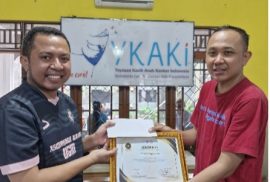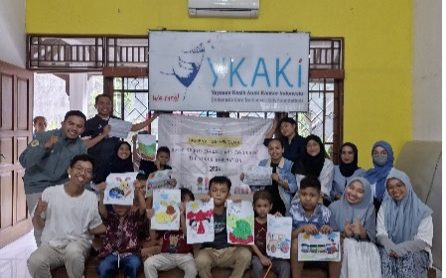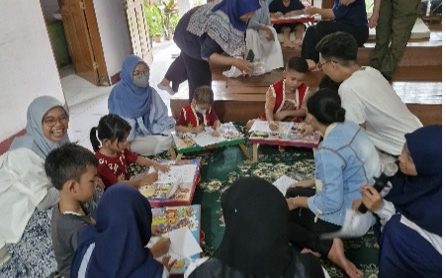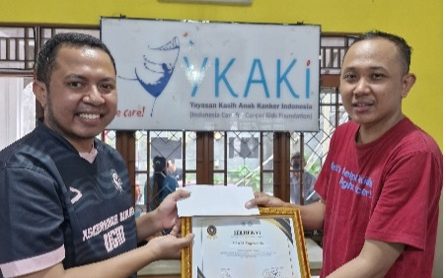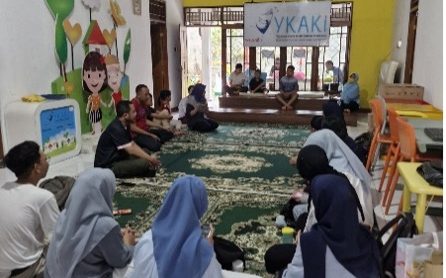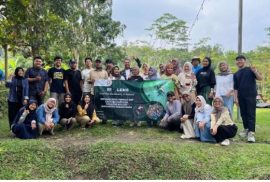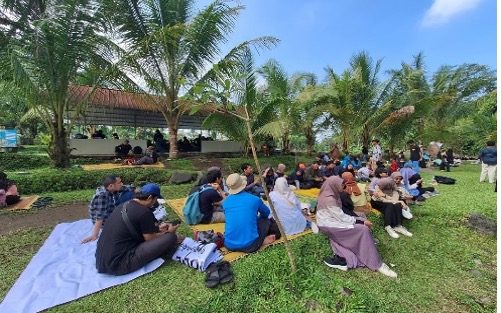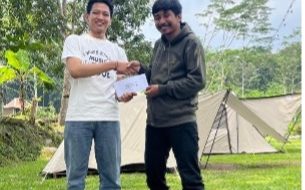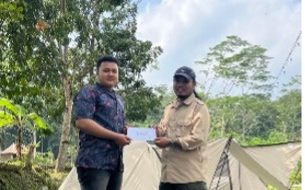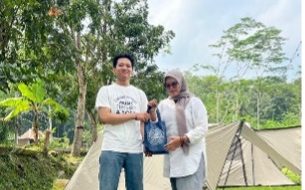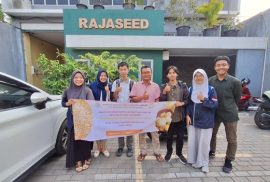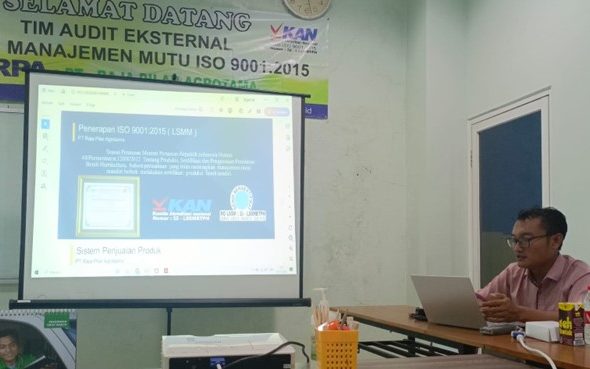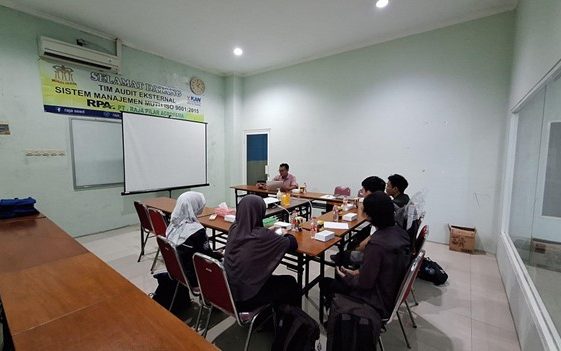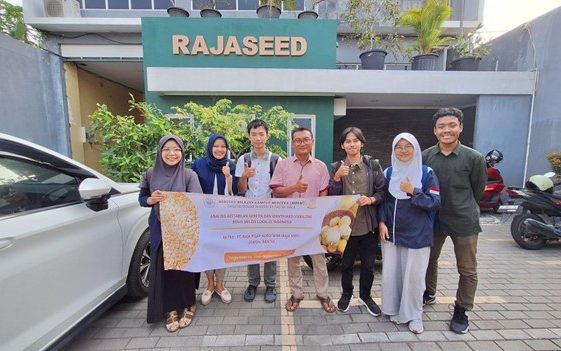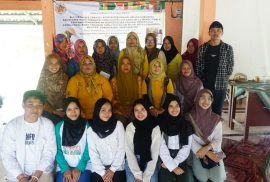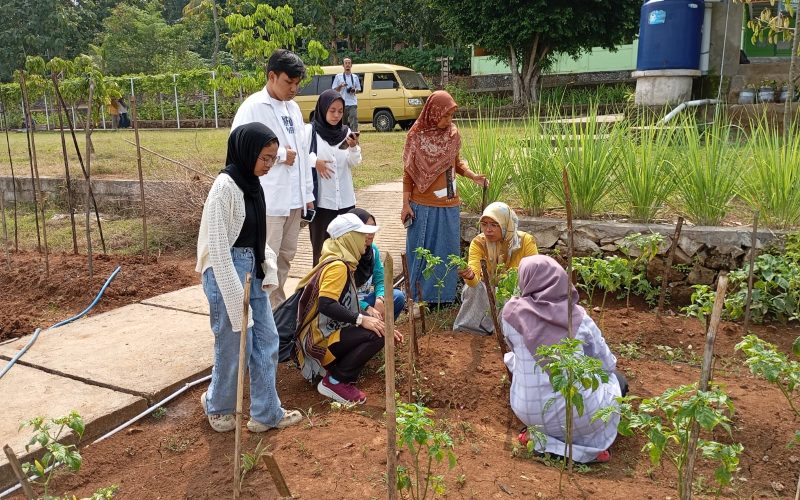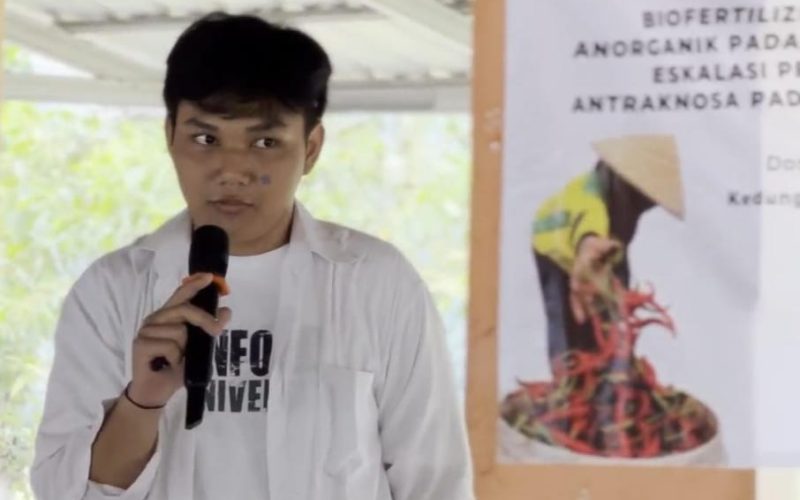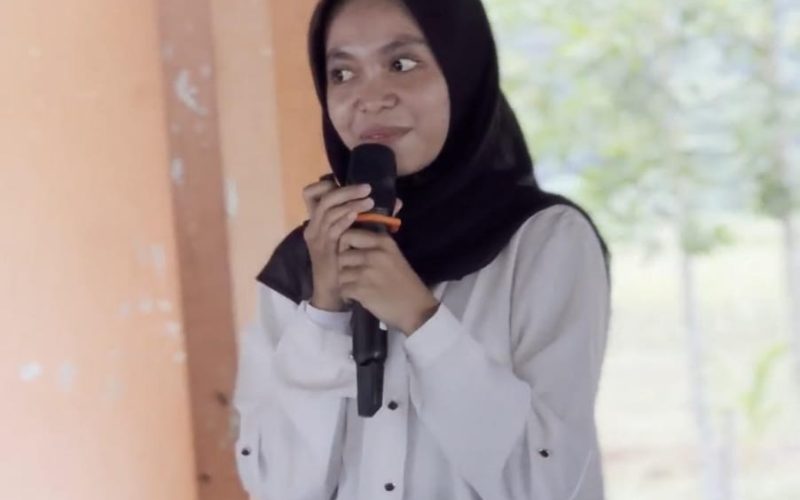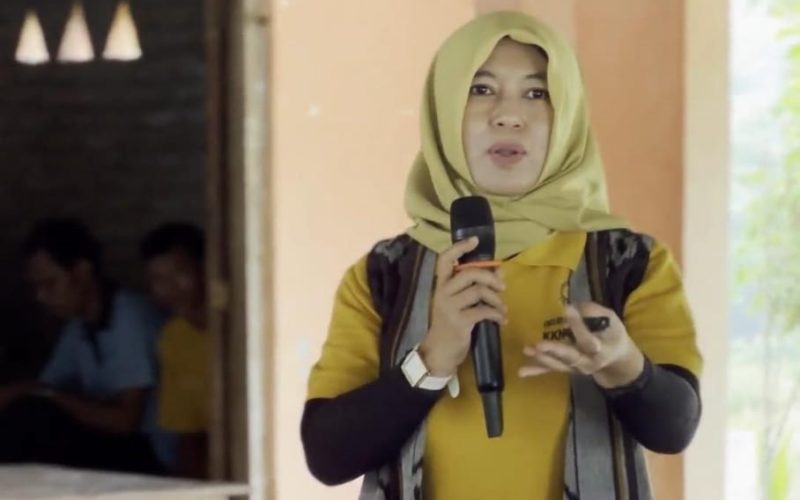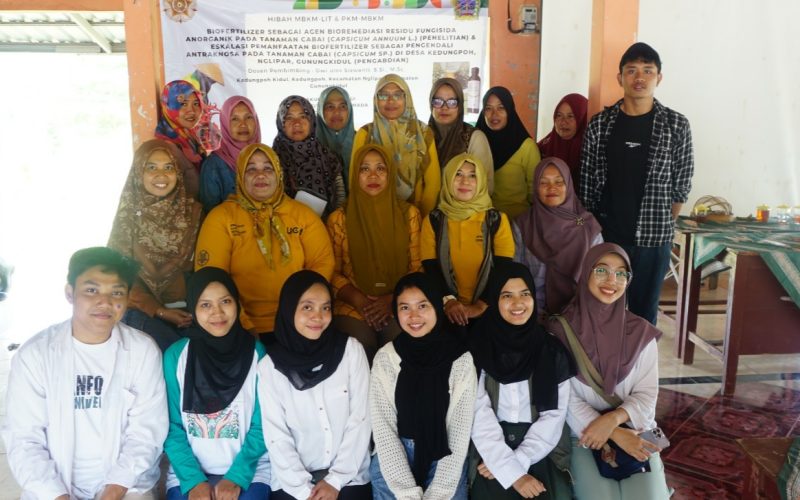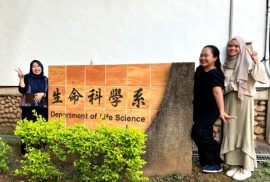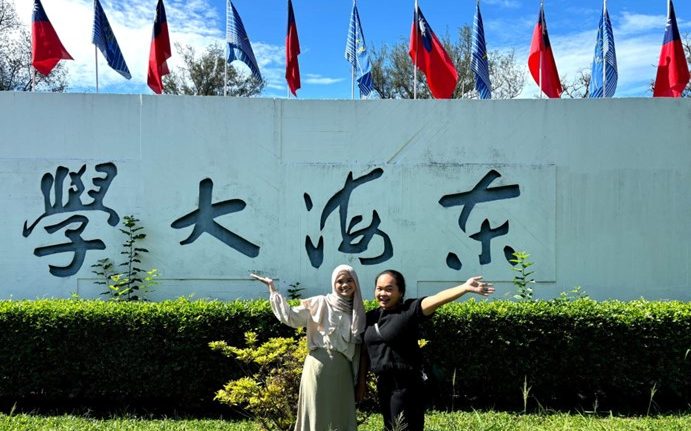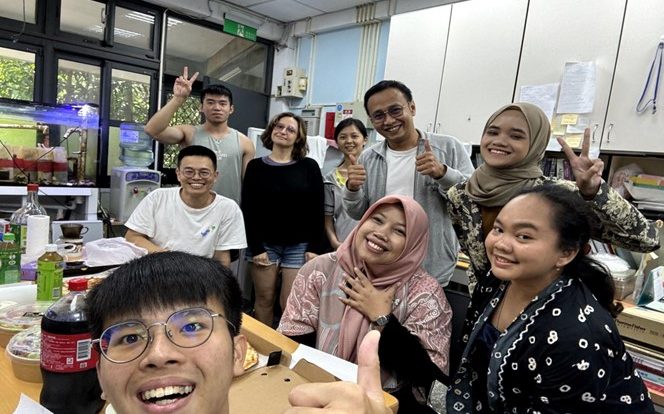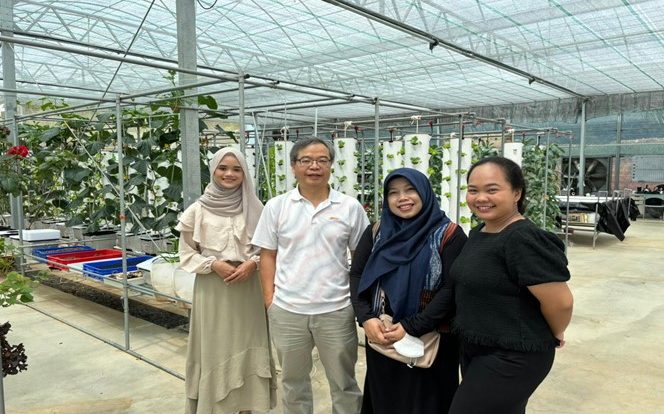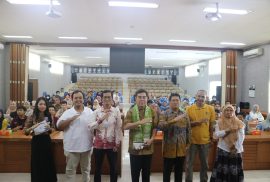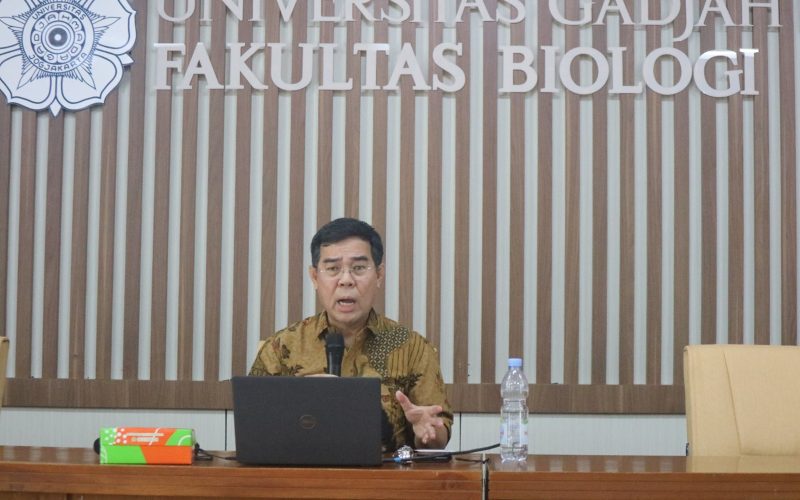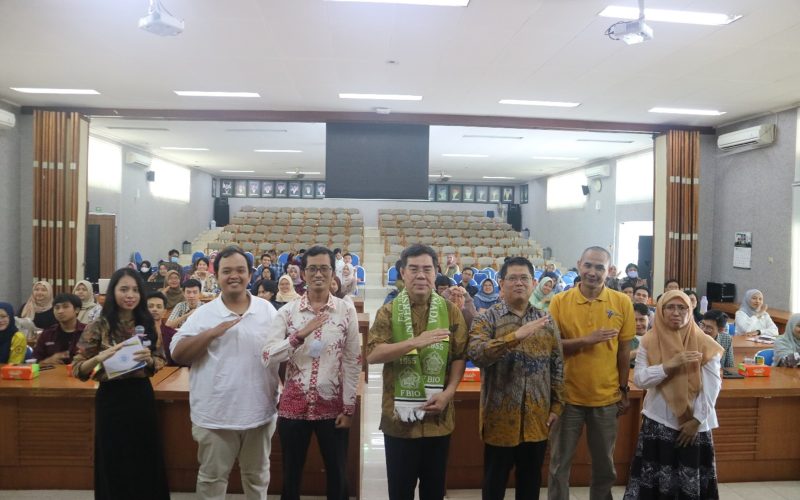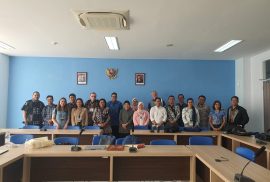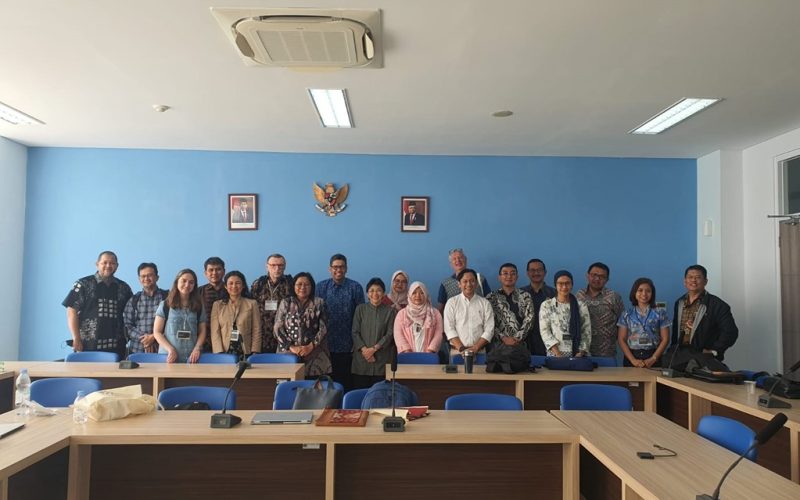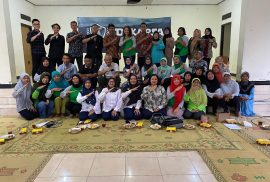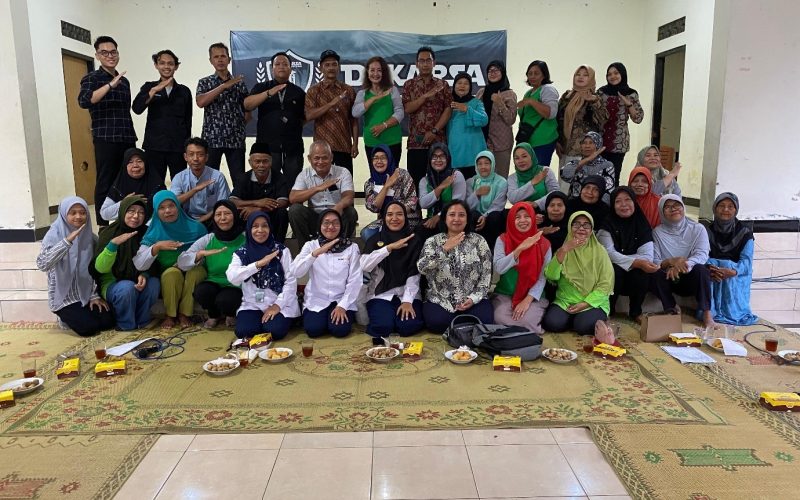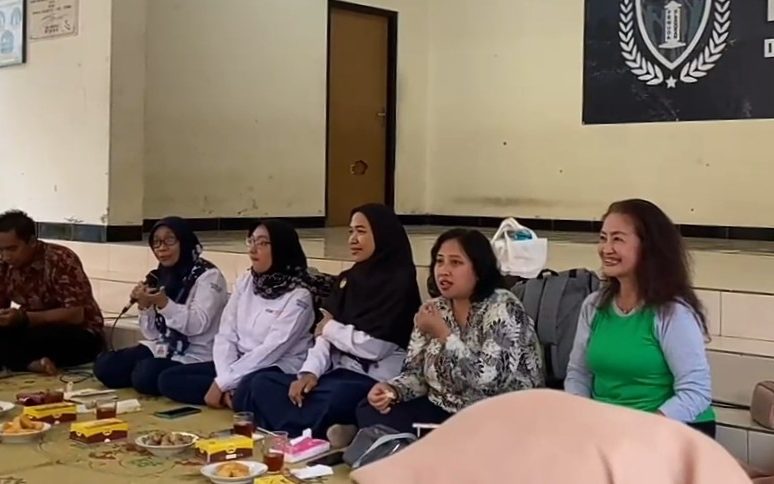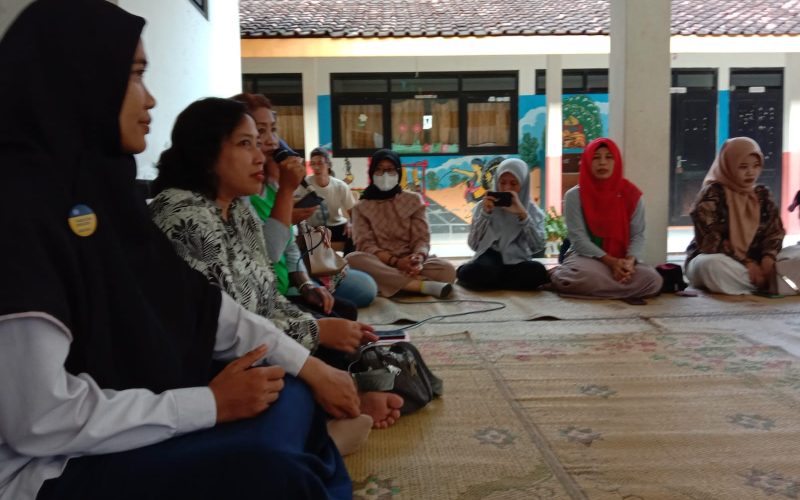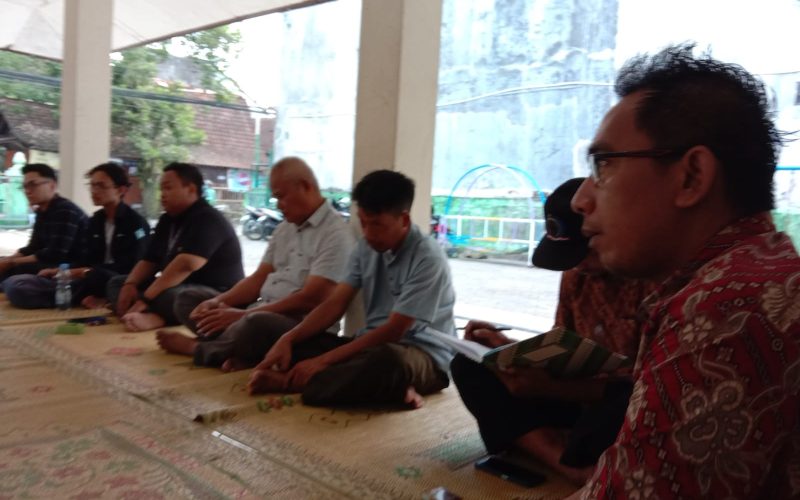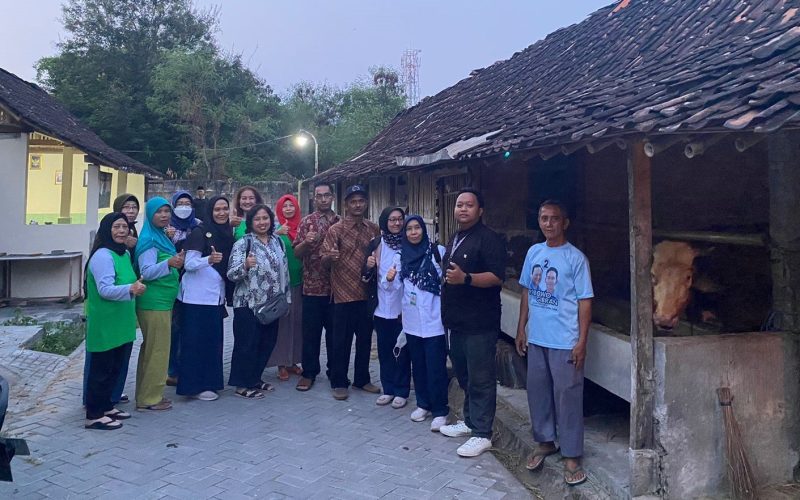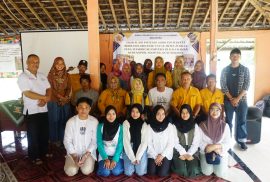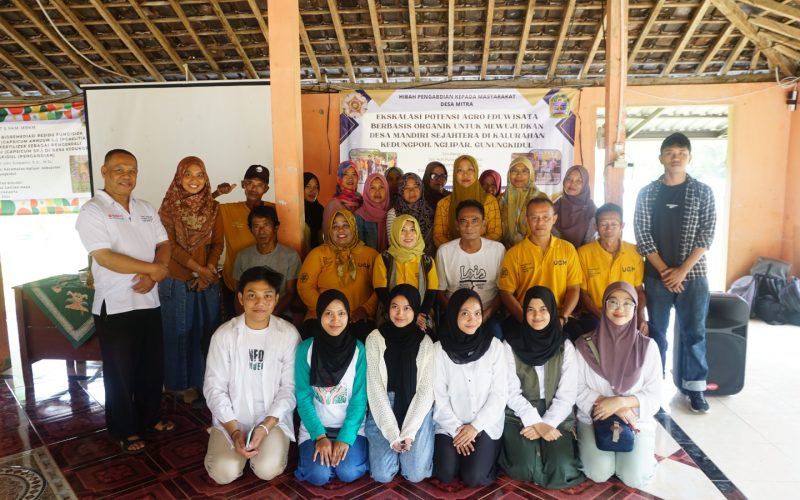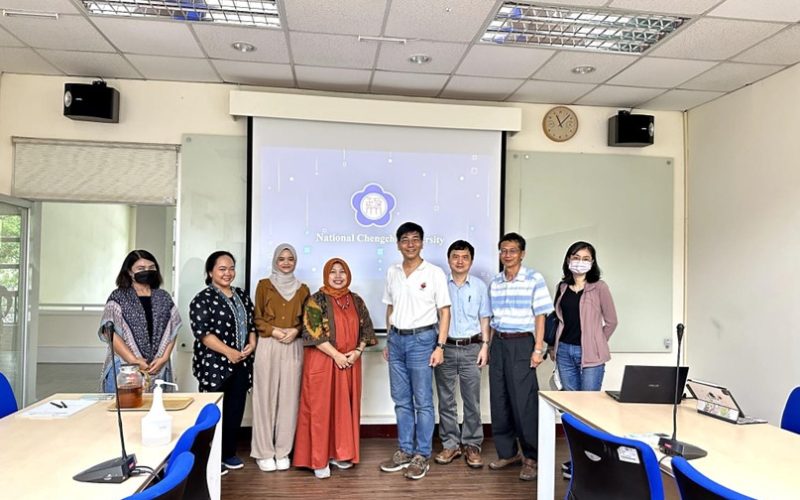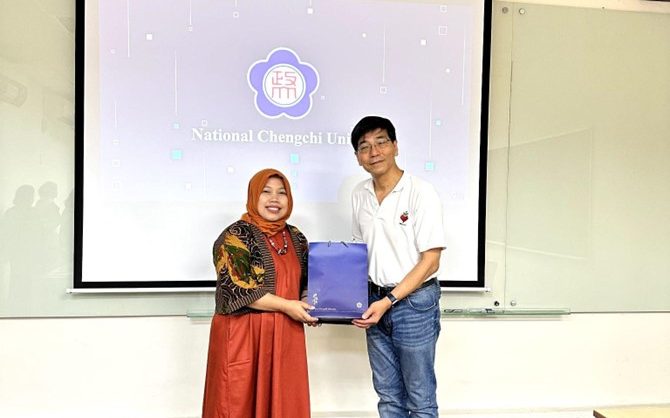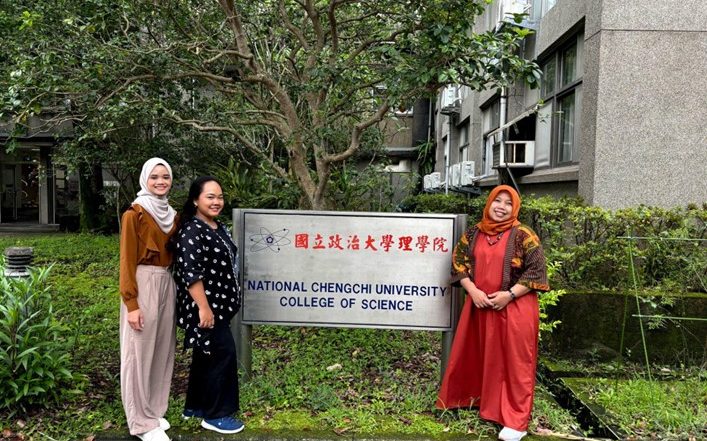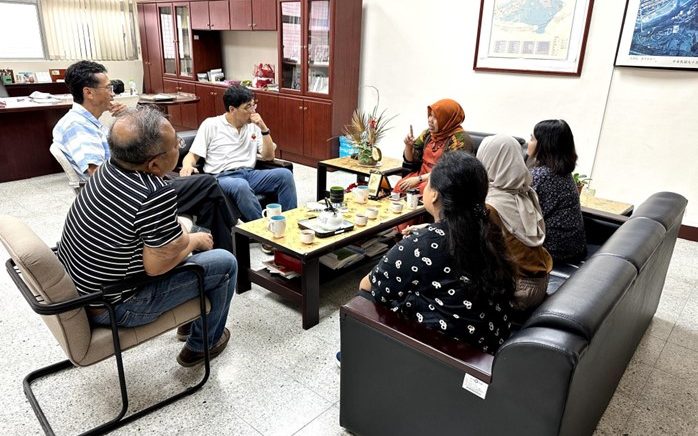#SDGs
#TridharmaUniversitasGadjahMada
#InternationalCollaboration
SDGS point tags: SDG 4, 8, 9, 12, 17
In an effort to enhance the quality of human resources and strengthen the Tridharma of Universitas Gadjah Mada in 2024, one of the faculty members of the Faculty of Biology, Ganies Riza Aristya, S.Si., M.Sc., Ph.D., received funding to participate in a Professor Exchange Program between Universitas Gadjah Mada and the National Chengchi University (NCCU) College of Science, Taiwan. On this occasion, Dr. Ganies was accompanied by two Fast-track Master’s students, Lucia Arum Sekar Meysari, S.Si., and Azizah Tyas Nugrahanty, S.Si. This program is funded by the Directorate of Partnerships and Global Relations. The activity is supported by a proposal entitled “Increasing the Production of Polyhydroxybutyrate (PHB) as a Biodegradable Biopolymer Plastic through Recombinant Plasmid Transformation.”
The Joint Supervisor visit to NCCU Taiwan took place from May 27th to June 1st, 2024. This program is one of the collaborations between Universitas Gadjah Mada and National Chengchi University in the form of professor exchanges. The activity began with an introduction session by the dean of the College of Science (Professor Hsing Luh) followed by introductions and research topic presentations by the representatives from UGM’s Biology department, Dr. Ganies. The results of this visit included the establishment of short-term and long-term collaboration agreements, including the signing of a memorandum of agreement, mentoring, research development collaboration and publication, also the creation of an international community.
With this program, it is evident that the Faculty of Biology is committed to supporting efforts to strengthen Universitas Gadjah Mada’s ranking in the field of outstanding sciences related to UGM’s contributions to knowledge and humanity. This goal is related to SDG number 8 on education. By providing easier international access, this program can also expand Universitas Gadjah Mada’s international cooperation and future orientation. Our gratitude goes to Professor Hsing Luh, Professor Chih-Kai Yang, Professor Ming-Huan Chan, Professor Shau-Kwaun Chen, and all the staff of the College of Science NCCU, who have provided us with the opportunity to collaborate in the 2024 Joint Supervisor activity.
#SDGs
#JointSupervisor2024
#DirectorateOfPartnershipsAndGlobalRelations
#TahirFoundationUGM
#FakultasBiologiJointSupervisor

